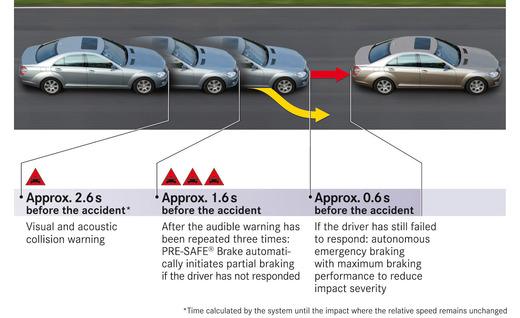Driving instructor vacancies in Basildon
- Jul 08, 2019
I watched a recent episode of Top Gear with interest this week as it featured an article on parking assist feature which is available on a selection of brands and models of cars.
Although aware of such new technologies it struck me how these features would driving test candidates and more generally drivers across the world.
Manoeuvring vehicles is notoriously difficult for many drivers so the introduction of a system that parks the car automatically will be seen as a useful feature for many people.
Active park assist helps drivers parallel park with the touch of a button and without ever touching the steering wheel.
Active park assist uses sensors on the front and rear of the vehicle to guide the vehicle into a parking space.
How active park assist works:
>The driver activates the system by pressing an instrument panel button, which activates the ultrasonic sensors to measure and identify a feasible parallel parking space
>The system then prompts the driver to accept the system assistance to park
>The steering system then takes over and steers the car into the parking space hands-free. The driver still shifts the transmission and operates the accelerator and brake pedals
>A visual and/or audible driver interface advises the driver about the proximity of other cars, objects and people and provides instructions
>While the steering is all done automatically, the driver remains responsible for safe parking and can interrupt the system by grasping the steering wheel
Modern technology has to be embraced and when applied correctly can prove to have dramatic consequences, take the simple 'power steering' or ' anti-lock braking' systems which most of us now take for granted.
Two questions struck me whilst watching this article; How would the Driving Standards Agency (DSA) respond to these technologies when a candidate presents a vehicle that can drive itself and would drivers become so dependant that the joy and control is taken away from the driver?
With regards to driving tests, the DSA has reluctantly allowed such devices to be used in tests, indeed the new 'active parking' is acceptable although if the driver has a preferred option is to turn the device off.
Although, this feature advises the driver about the proximity of other vehicles, will the information cater for road users on the off side and will the driver be so reliant on such a feature, they become oblivious to observing when in cars fitted with or without the aid?
Mercedes has introduced an automatic braking system that will applied when the driver fails to respond appropriately.

It was interesting that in the same Top Gear episode, Lewis Hamilton drove a car around a track quicker than the reigning formula 1 champion. This suggests when the aids are stripped away, a driver can actually 'drive' the vehicle more positively.
It should be noted that I'm not comparing speed to safety, only driver ability to modern technology.
What do you think about such advances in driving technology, please feel free to add them below.
Relevant topics:
Have drivers adapted to new car technologies